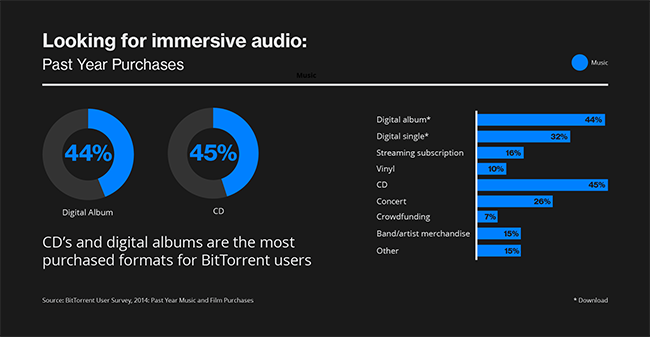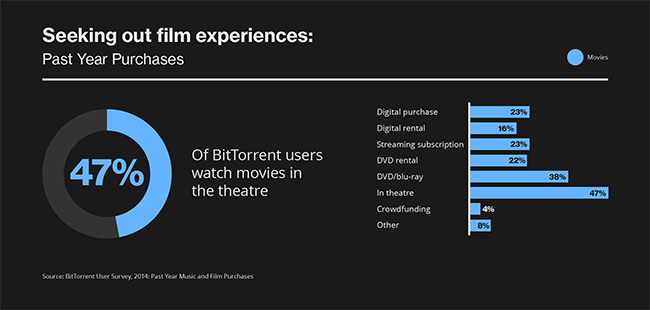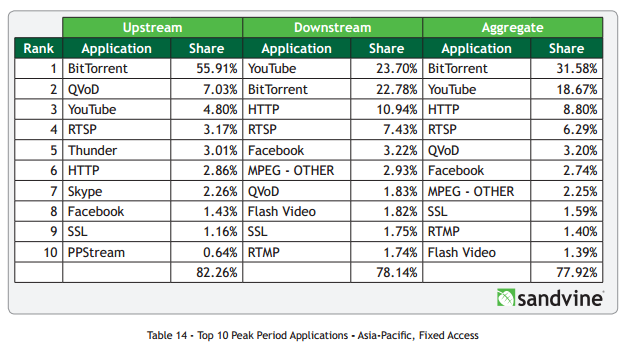Fail: MPAA Makes Legal Content Unfindable In Google
samedi 22 novembre 2014 à 20:50 The entertainment industries have gone head to head with Google in recent months, demanding tougher anti-piracy measures from the search engine.
The entertainment industries have gone head to head with Google in recent months, demanding tougher anti-piracy measures from the search engine.
According to the MPAA and others, Google makes it too easy for its users to find pirated content. Instead, they would prefer Google to downrank sites such as The Pirate Bay from its search results or remove them entirely.
A few weeks ago Google took additional steps to decrease the visibility of pirated content, but the major movie studios haven’t been sitting still either.
Last week MPAA announced the launch of WhereToWatch.com, a website that lists where movies and TV-shows can be watched legally.
“WheretoWatch.com offers a simple, streamlined, comprehensive search of legitimate platforms – all in one place. It gives you the high-quality, easy viewing experience you deserve while supporting the hard work and creativity that go into making films and shows,” the MPAA’s Chris Dodd commented.
At first glance WhereToWatch offers a rather impressive database of entertainment content. It even features TorrentFreak TV, although this is listed as “not available” since the MPAA’s service doesn’t index The Pirate Bay.
Overall, however, it’s a decent service. WhereToWatch could also be an ideal platform to beat pirate sites in search results, something the MPAA desperately wants to achieve.
Sadly for the MPAA that is only a “could” since Google and other search engines currently have a hard time indexing the site. As it turns out, the MPAA’s legal platform isn’t designed with even the most basic SEO principles in mind.
For example, if Google visits the movie overview page all links to individual pages are hidden by Javascript, and the search engine only sees this. As a result, movie and TV-show pages in the MPAA’s legal platform are invisible to Google.
Google currently indexes only one movie page, which was most likely indexed through an external link. With Bing the problem is just as bad.

It’s worth noting that WhereToWatch doesn’t block search engines from spidering its content through the robots.txt file. It’s just the coding that makes it impossible for search engines to navigate and index the site.
This is a pretty big mistake, considering that the MPAA repeatedly hammered on Google to feature more legal content. With some proper search engine optimization (SEO) advice they can probably fix the problem in the near future.
Previously Google already offered SEO tips to copyright holders, but it’s obvious that the search engine wasn’t consulted in this project.
To help the MPAA on its way we asked isoHunt founder Gary Fung for some input. Last year Fung lost his case to the MPAA, forcing him to shut down the site, but he was glad to offer assistance nonetheless.
“I suggest MPAA optimize for search engine keywords such as ‘download
A pretty clever idea indeed, as the MPAA’s own research shows that pirate-related search terms are often used to “breed” new pirates.
Perhaps it’s an idea for the MPAA to hire Fung or other “industry” experts for some more advice. Or better still, just look at how the popular pirate sites have optimized their sites to do well in search engines, and steal their work.
Source: TorrentFreak, for the latest info on copyright, file-sharing and anonymous VPN services.



 Each month 150-170 million Internet users share files using the BitTorrent protocol, a massive audience by most standards. The common perception is that these people are only interested in obtaining content for free.
Each month 150-170 million Internet users share files using the BitTorrent protocol, a massive audience by most standards. The common perception is that these people are only interested in obtaining content for free.


